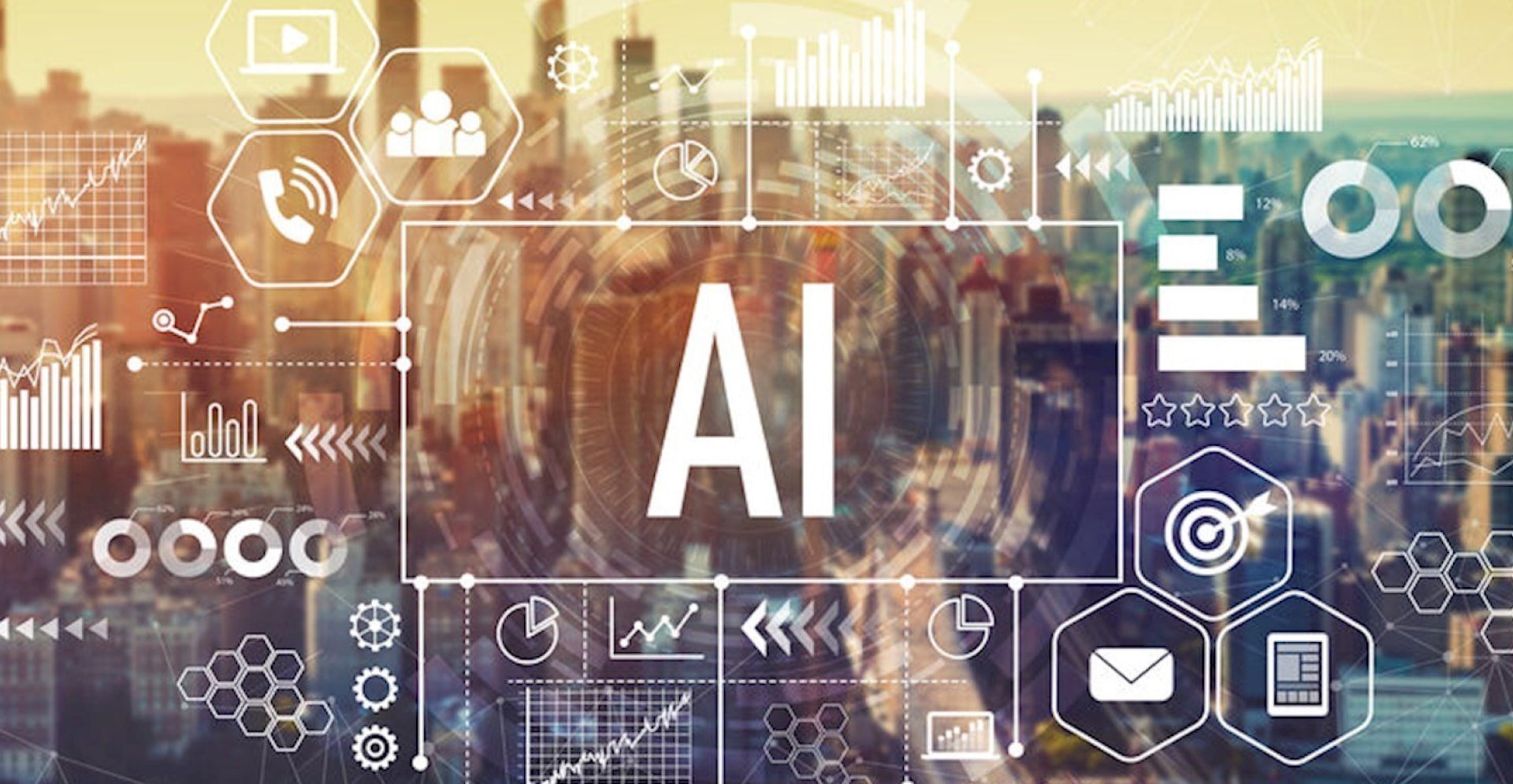A Smart City future is fast-approaching, and intelligent water systems will play a crucial role in its success.
They say time flies when you’re having fun. Looking back on my career in the water sector, I can attest to that.
But technology and innovation also have a funny way of making time feel like it’s flying by. Advances in data-driven technology are thrusting us toward a future where Smart Cities employ intelligent water systems as critical links in interconnected communities. A paradigm shift sits just beyond the horizon.
Some utilities are wondering how they might keep up, or what the changes will mean for their workforce. The good news? Even a tech-focused future can be human-centric.
Industry-wide calls for intelligent systems
A look at the AWWA State of the Water Industry 2018 report reveals an industry-wide need for better infrastructure renewal and replacement funding, water resource management, and the ability to build more resilient utilities. Intelligent water can help with all of that.
Intelligent technologies such as machine learning can leverage big data to optimize resources and create fit-for-future utilities. Better data visualization, processing and collaboration can connect all aspects of water to create more efficient and affordable operations.
I’ve recently had the opportunity to partner with multiple utilities who are benefiting from intelligent water. One utility used machine learning techniques to process customer feedback data. Another utility was able to utilize data-driven improvements to achieve the best water quality in its history while also reducing non-revenue water. Yet another is evaluating a traditional data stream, system pressures, to apply machine learning for the purpose of identifying water leak locations.
To me, compound benefits like these really highlight intelligent water’s potential.
Technology to empower, not replace, staff
Artificial Intelligence (AI) is a pillar of intelligent water. Experts predict AI will revolutionize every industry the same way the internet has over the past two decades.
That can be a scary thought, and I’ve heard worries about staff being replaced by machines. But people are powerful as well. Combining their strengths with advancing technology creates a Collective Intelligence (CI) that can accomplish more than once thought possible. CI doesn’t make people obsolete—it amplifies what your workforce is capable of.
Assisted by AI, plant managers could optimize treatment plants to balance system needs with overall quality. AI-controlled robotics can perform more dangerous tasks like condition assessments and help expedite processes such as water system leak detection.
On the customer experience end, better access to data could create water-conscious consumers, and machines can streamline call center processes or automate work orders to enhance customer experiences. AI could even support affordability by identifying customers that need assistance paying their bill.
Is AI the answer to resilience and affordability issues?
Imagining possibilities is fun, but a clear view of what awaits is even better. Arcadis is partnering with Bluefield Research on a report that examines how intelligent water can improve utility resilience and address the affordability crisis. We hope that future-forward research like this will drive discussions to build an industry-wide CI around intelligent water. Keep an eye out for that this summer.
In the meantime, I am hosting a roundtable at the SWAN 2019 Conference where I will be giving a preview of the research findings. If you are also attending, connect with me on LinkedIn before, during or after. I’d love to meet you and hear your story.
About the author
Jim Cooper is based out of Akron, OH and serves as the Intelligent Water Lead for Arcadis North America. In this role, he collaborates with utilities (water, wastewater and stormwater) throughout the country to better understand their assets, systems, organizations and customers by exploring how advanced digital solutions, such as artificial intelligence (AI) and predictive analytics, might help their workforces create more sustainable, human-centric outcomes.
Jim recently earned an Executive Certificate in Artificial Intelligence: Implications for Business Strategy from the Massachusetts Institute of Technology and is the principal author of the fourth edition of the American Water Works Association’s M32 Computer Modeling of Water Distribution Systems, published in 2018. He is a well-established industry thought leader, authoring more than 40 publications on utility management, system optimization and intelligent systems, and maintaining licenses and certifications in sustainability, project management, and water and wastewater plant operations. Jim is also a Professional Engineer in OH, WI, IN, KY, VA and FL, and currently serves as a Trustee of the Engineering & Construction Division of the American Water Works Association as well as Vice-Chair of its Engineering Modeling Applications Committee. Connect with Jim on LinkedIn to learn more about his qualifications, perspectives and passions.
About Arcadis’ partnership with SWAN, the Smart Water Networks Forum
Intelligent water is about more than technology, it’s about creating a human-centric future. That’s why we partner with SWAN. Collaboration moves the water sector forward. Visit https://www.swan-forum.com/ to learn more.

